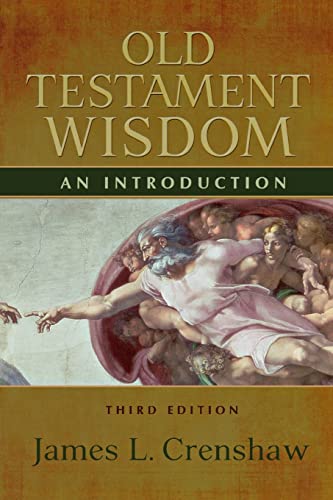Church Growth has been established for some time as a major school of missiology with a prolific literature in the USA. I Believe in Church Growth is the first major work to apply Church Growth concepts to the United Kingdom. It differs from the literature already in the field in three respects. Firstly it demonstrates a much greater concern to build pragmatic insights on a decent and secure theological foundation. Secondly, it does not give the appearance of presenting slick and simplistic answers to complex problems. Thirdly, it is thoroughly British in its application and illustrations.
Furthermore, unlike some early Church Growth literature its style is not polemical. It encounters all the controversial issues raised by the Church Growth school such as the use of statistics and the homogenous unit principle but defuses the controversy enabling the reader to see the real point of the argument rather than being content to erect caricatures. Throughout the lengthy, but well-organized book, Gibbs maintains a very readable style and a lively sense of humour.
The opening chapters place Church Growth thinking into the wider theological context of God’s concern for the nations; the relationship between the church and the kingdom and between the gospel and culture. On each issue the author shows that he is conversant with the spectrum of recent theological views but is concerned to establish a particular and evangelical position.
In the remaining chapters, which are more practical, Eddie Gibbs is careful not to leave theology behind but weaves it into his whole argument. In these chapters he deals with the value and place of gathering statistics; the prerequisites of church-based evangelism; the nature and dynamics of different sized groups; the need to mobilize the whole church and to develop the gifts of the Holy Spirit; the different styles of leadership and how to facilitate change within churches and move them towards achieving goals. Nowhere does Gibbs offer crass solutions. He has his feet very firmly on the ground and is realistic in his analysis of the problems faced by most churches in the UK and in the solutions he puts forward.
Inevitably in such a wide-ranging book there are aspects which any reviewer would have handled differently. His discussion of group communication patterns seems to omit the pattern of genuine group discussion. Under the topic of leadership I would prefer to be more directive, believing that certain types of leadership, those in fact which have been traditionally emphasized in British churches, have been to the detriment of the minister and growth of the church alike. It would have been good to see a chapter more explicitly on what is known as a ‘church pathology’ and an index. But these are minor complaints.
Like Michael Green in the editor’s preface I wish to commend this book with enthusiasm. It should silence some of the carping and misplaced criticism of the Church Growth school. It is a very clear exposition of Church Growth concepts without being a mere regurgitation of what others have written. More importantly still, it should enable many churches to fufil the great commission and that, in the end, should be one of our primary objects in studying theology. This book is destined to become a classic in the field of mission.
Derek J. Tidball
Plymouth







